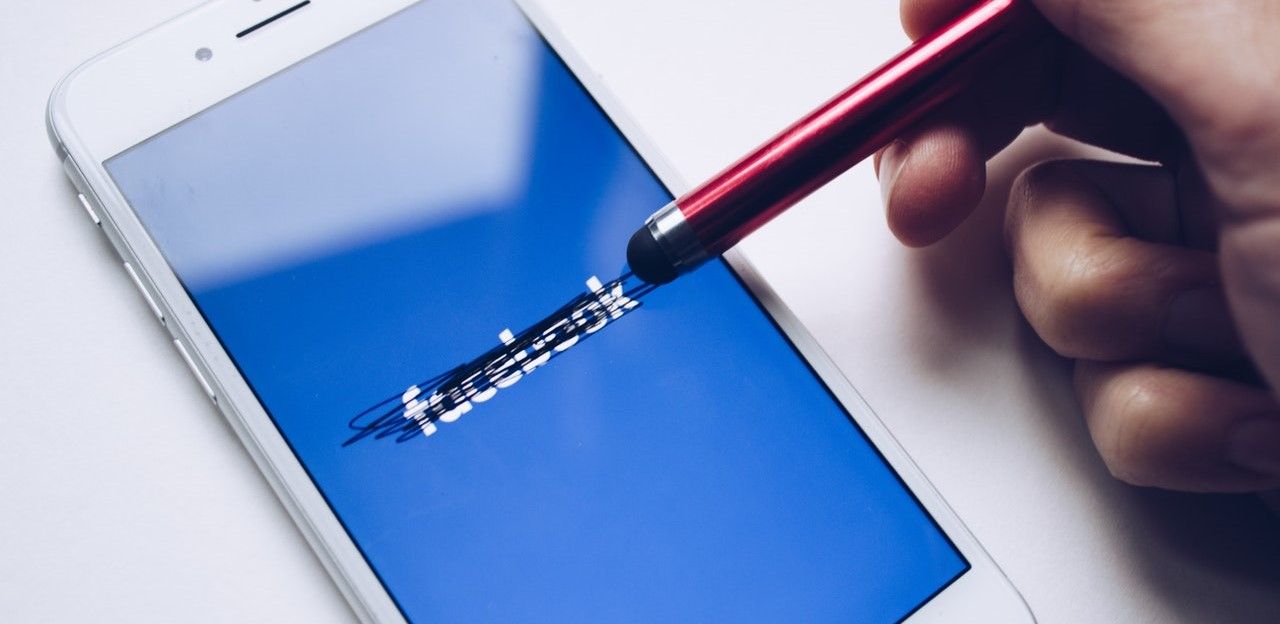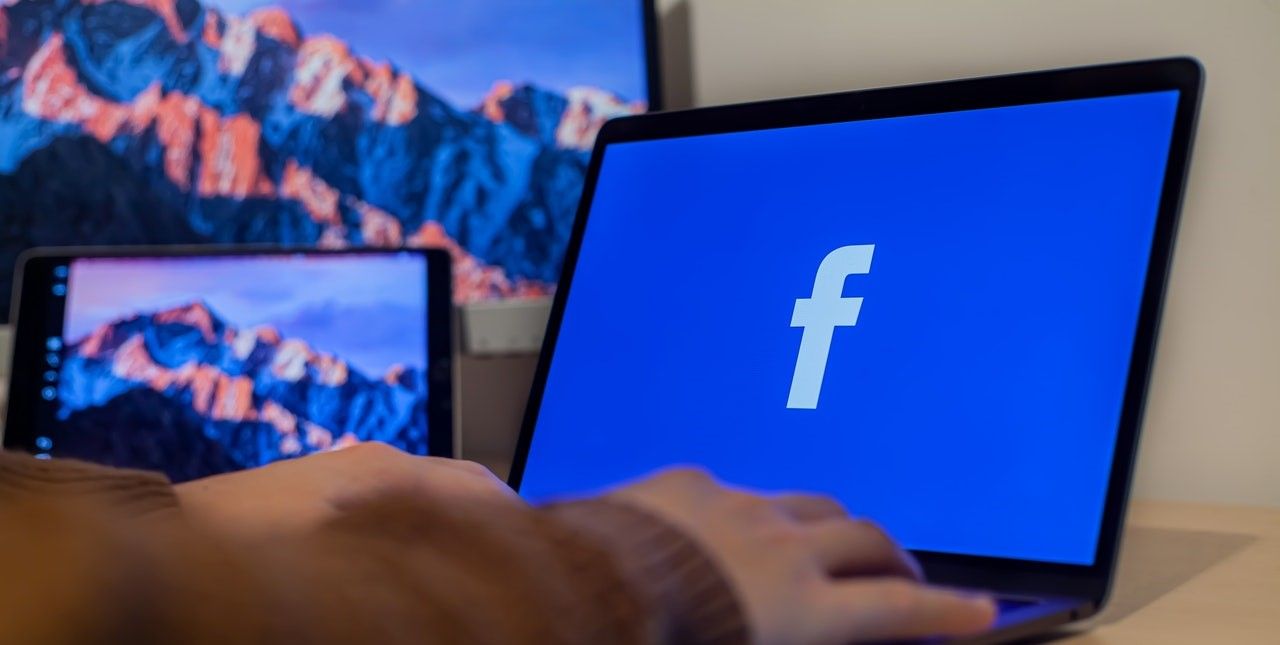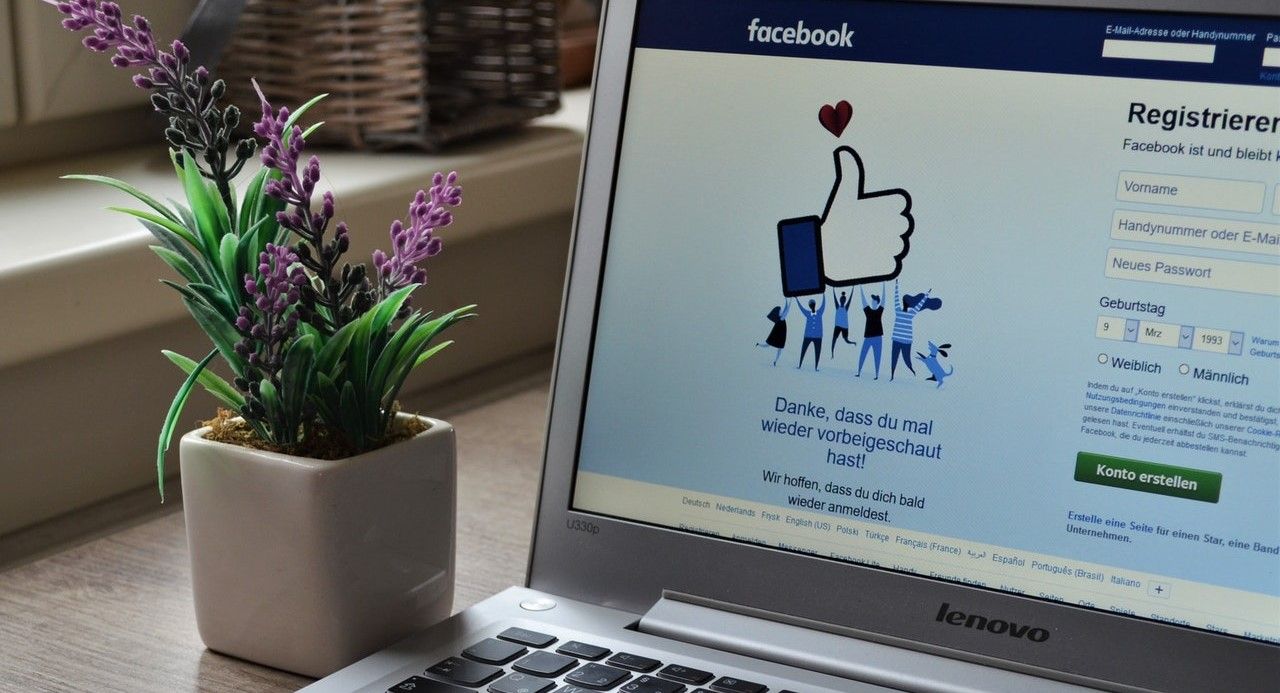
Exclusivity's Edge: Three Countries without a Facebook Presence

Exclusivity’s Edge: Three Countries without a Facebook Presence
In an era that sees us all using social media to connect with family and friends, it can be difficult to imagine a world without Facebook. But there are some countries where it is not possible to access the platform at all.
People living in these states cannot use Facebook because of government restrictions. We’ll reveal the three countries that forbid Facebook use and we’ll explain the reasons behind the bans.
Disclaimer: This post includes affiliate links
If you click on a link and make a purchase, I may receive a commission at no extra cost to you.
1. China
China has a long history of censorship and strict internet regulations. It’s no surprise then that they also have restrictions in place on Facebook.
According to a report onWeb2Asia , China blocked Facebook across the mainland following rioting in 2009 that took place in Urumqi, Xinjiang. Some Xinjiang independence activists were apparently using Facebook as part of their communications network.

Facebook seemingly took the fall for refusing to disclose the organizers’ identity. The company argued that the activists were exercising their freedom of speech on the social platform.
This block on Facebook added it to the list of previously blocked western internet companies, including YouTube (and all Google products), Twitter, and Microsoft.
Related: Things That Can Get You Permanently Banned From Facebook
Facebook has made a couple of attempts to get back into China, but with local alternatives like Weibo, WeChat, and Renren, it’s unlikely that it will be able to.
People who wish to use Facebook can still do so from some places in China, including Hong Kong and Macau. They can also bypass the block byusing a VPN .
2. Iran
The restriction of Facebook in Iran is ironic given that some of its political leaders use the platform regardless of its blocked status.
CNN reported that the Iranian government banned Facebook when activists used it to rally support for the opposition during the 2009 presidential election.

The restriction initially lasted a few hours but Iran reinstated it with no explanation and it’s remained ever since.
The minister of culture, Ali Jannati, raised hopes for a restoration of the service in 2013. He remarked that social networks should be accessible to ordinary Iranians. But this plea was not honored and the restrictions remain in place.
Several top Iranian officials, religious and political, have Facebook pages and the Iranian masses reportedly skirt government restrictions by using a VPN.
3. North Korea
North Korea is one of the most secretive countries in the world due to its heavy restrictions on movement and communication.
In 2016,The Guardian reported that North Korea officially announced restrictions on Facebook, as well as on Twitter and YouTube. They did so after several months of informal restriction.

The ban seemed targeted at visitors and foreign residents since locals already lacked access to Facebook due to the general restrictions on internet use.
Related: What Is Facebook’s Oversight Board and What Does It Do?
According to The Guardian, the goal of the restriction is to make it more difficult for visitors or the small community of foreign residents to post real-time information about North Korea to the outside world. The ban will further limit the ability of North Koreans with internet access to view information about their country posted elsewhere.
Restrictions on Facebook Are Not So Effective
You’ve probably already noticed that, regardless of the restrictions in place in the countries listed above, users can still access Facebook at will. In China, people living in autonomous zones (Hong Kong, Macau, etc.) have unbridled access to Facebook. Those living in mainland China can also access Facebook by using VPNs.
The restriction is even less effective in Iran where many top government officials skirt the restrictions to use Facebook and other social media platforms. The ban in North Korea is probably the most effective, but that’s because very few people have access to the internet. Chances are, the restriction would have been less effective if the internet were available to all North Koreans.
It’s not just Facebook that suffers from bans, of course. Restrictive regimes have banned other social media companies. With its vast selection of video footage from around the globe, YouTube is another common target.
Also read:
- [New] 2024 Approved Comprehensive Guide to iOS Screenshotting
- [New] Volume Control Strategies in Logic Pro Productions for 2024
- [Updated] High-Ranking Mac Tools to Replace Standard Bandicam
- [Updated] Understanding the Shift Navigating Posting in an Algorithm World for 2024
- 2024 Approved Hasty Instruction Saving Your Photos as YouTube Channel Thumbnails
- Dissecting Silicon Valley Giants: Government Intervention
- Eclipsing Disclosure: Facebook's True User Shift
- Elevate Engagement: Key Mobile Settings in FB App
- Facebook Faults? Recovering Login Credentials Quickly
- Fixing an Inaccessible Account on Social Networking Site - FB
- How to Transfer Videos from Vivo Y28 5G to iPad | Dr.fone
- Maximizing Visibility: Choosing a Strong Fb Photo
- Navigating Through Facebook’s Media Restrictions
- Tackling Popular Facebook Hurdles: Strategies to Resolve Them
- Take Your Video Editing to the Next Level on Mac with Adobe Premiere Pro
- The Social Sleuth's Guide to Unmasking Digital Dissemblers
- Troubleshooting Tips: Resolving Game Crashes in Gears 5
- Turn Off Friends Suggestion on Facebook
- Unlock Strategies: Finding Out Who's Watching Your YouTube Videos
- Title: Exclusivity's Edge: Three Countries without a Facebook Presence
- Author: Michael
- Created at : 2024-10-02 21:06:06
- Updated at : 2024-10-03 17:36:26
- Link: https://facebook.techidaily.com/exclusivitys-edge-three-countries-without-a-facebook-presence/
- License: This work is licensed under CC BY-NC-SA 4.0.